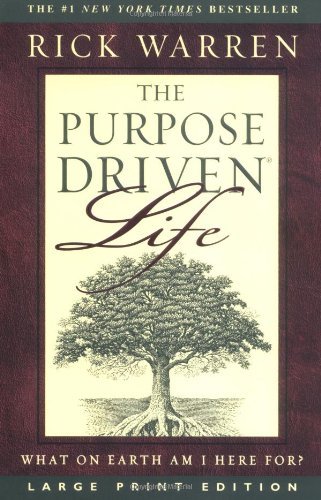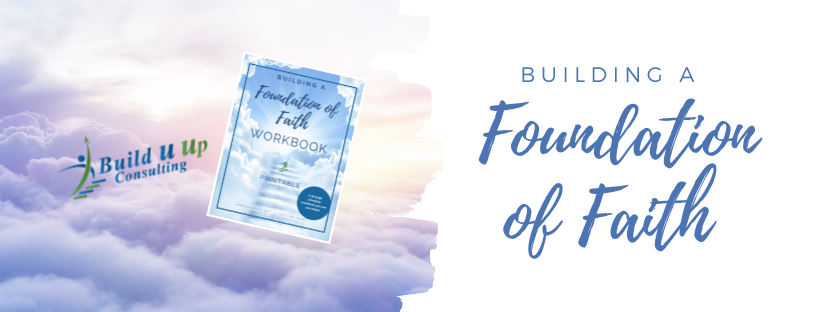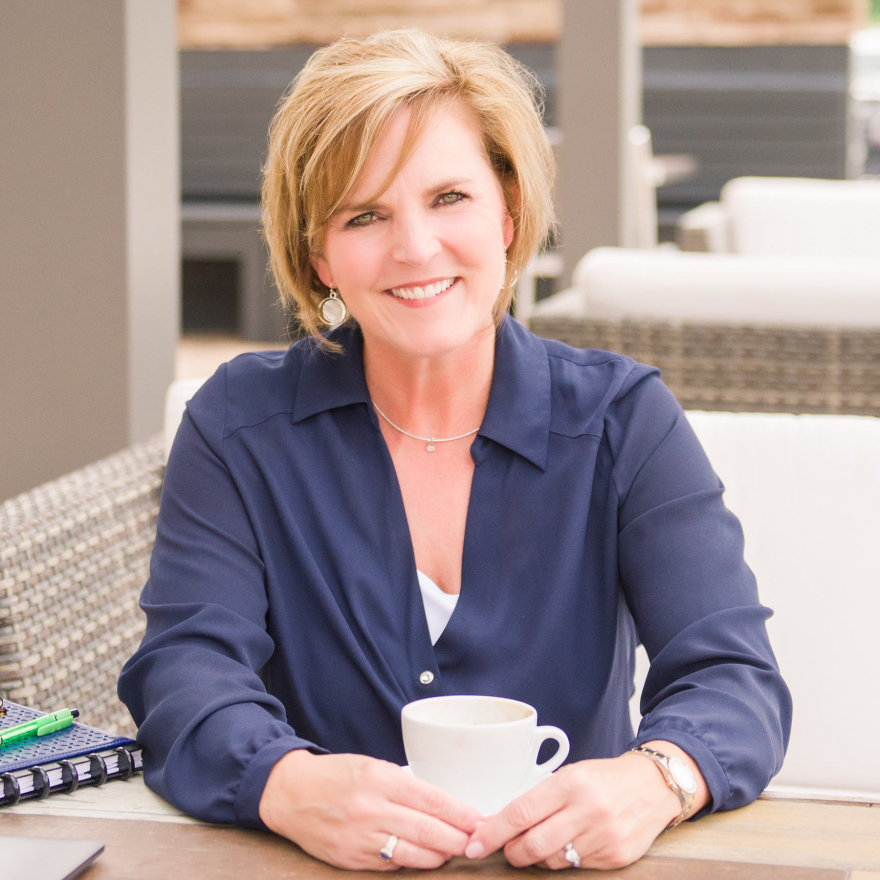|

March 8, 2022
Hi Tina,
 “And why do you look at the speck in your brother’s eye, but do not notice the log that is in your own eye?” —That Biblical question is still relevant today. “And why do you look at the speck in your brother’s eye, but do not notice the log that is in your own eye?” —That Biblical question is still relevant today.
You could see the red flush of rage start to rise on the mother’s face. “I have never, ever experienced a more defiant, stubborn, selfish child,” she said through clenched teeth to her friend.
Washing the dinner dishes for the fifth time that week, her husband was nursing a resentment against his wife’s “laziness” in the kitchen, while their son was in his room calling his parents “mean” and “unfair” for requiring that he complete his homework before going out to play.
There’s one thing they all agree on: It’s the other person’s fault.
But there’s another thing they’re all missing: Every judgment we pass on other people is a revelation about ourselves, an expression of our own needs and values. The question I like to ask myself or the people I work with is, “what about this situation is about me?”
For example, the mother may need to look at the rage she felt as a child, when defying her own parents resulted in physical punishment, something she would never do to her own son. The husband may need to work on his assertiveness, asking for more shared responsibility in the kitchen. And the son may need to understand the consequences of the choices he made regarding his homework.
In each case, the judgment itself provided a clue for what needs to be looked at, acknowledged, or brought out.
“Can’t I just have an opinion, though?” we are tempted to ask.
 Of course. But judgment is different from the kinds of opinions that form from assessment or objective appraisals. Blame, insults, put-downs, labels, criticism, comparisons, and diagnoses are all forms of judgment, all ways of saying that another person is “wrong.” Other types of judgments: Of course. But judgment is different from the kinds of opinions that form from assessment or objective appraisals. Blame, insults, put-downs, labels, criticism, comparisons, and diagnoses are all forms of judgment, all ways of saying that another person is “wrong.” Other types of judgments:
- Judgments based on beliefs and expectations. “You’re 11 now, and you should be able to remember to turn the lights off in your room.” [“You’re inconsiderate; you’re an airhead.”]
- Judgments based on fears. “She’s cold and distant lately; I think she’s getting ready to leave me.”
- Judgments based on prejudices and preconceived notions. “Doesn’t he have any decency, flirting around with the receptionist like that?”
- Judgments based on generalizations. “Believe me, all bosses are mean.”
- Judgments that make us feel better about ourselves. “How could you not know where Brazil is?” [“You’re stupid; I’m smart.”]
- Judgments that distract us from taking responsibility. “She gets all the parts she wants; she’s the director’s daughter.”
To enjoy the benefits of being nonjudgmental—more effective communication, reduced misunderstandings, enhanced relationships at home and work, and a sense of emotional freedom and safety—try these actions:
-
Be aware of where and when we are judging others. This is a necessary first step.
-
Practice empathy with a soft heart. What’s it like to be the other person?
-
Listen and keep an open mind. Learn to make objective evaluations about ideas, people, and situations.
-
Be curious. Ask about the circumstances of someone else’s life. Most of our assumptions are based on extremely little real information.
-
Accept differences. If we can accept each others’ choices, and trust in each other to take responsibility for the impact of each choice, then there is so much more freedom for all of us to be ourselves.
-
Focus on feelings and needs — your own and those of others. This will take you out of judgment and into aliveness.
To your success,

Tina Asher
Business/Career Coach • Trainer • Author
Build U Up Consulting
Author’s content used under license, © Claire Communications

Recommended Reading

The Purpose Driven Life by Rick Warren.
This is always a good book to dive into and learn more about the best design for your life.

Upcoming Events

If you’re a woman looking to grow in your spiritual journey, then grab a friend and join me for my 6-week course in April, called Building a Foundation of Faith (or BFF course). We will take a look at what the Bible says and learn how to apply it to our everyday life. To learn more click here, or simply respond to this email so I can answer any questions you might have.

Helpful Resources
Managers & Leaders: Download this free guide to discover where you might be out of balance so you can become a better boss.
Career Help: Unsure about your job? Download this free tool to assess your career and see where you might be out of balance.
Better Communication: Want to communicate better with your co-workers and family? This three-part self-study course "Building Better Communication" is designed to help you better understand yourself and the people in your life.
Connect with Me: Click here to schedule a complimentary Strategy Session to chat about how I can help you better communicate with and develop your team and build you up for success.
  Tina Asher Tina Asher
Career Coach • Trainer • Author
With 20+ years in leading, training, sales management, and coaching, Tina Asher brings a broad skillset to helping busy professionals elevate their success. She holds certifications with one of the world's leading sources for science-based, validated assessment and coaching tools. Tina is passionate about serving others to reach their full potential while balancing a full and productive life.
©2022 Tina Asher & Build U Up Consulting • All Rights Reserved
Know someone who could benefit from this information? Feel free to forward this email.
Did someone forward this to you? Sign up here for your own monthly subscription.
|